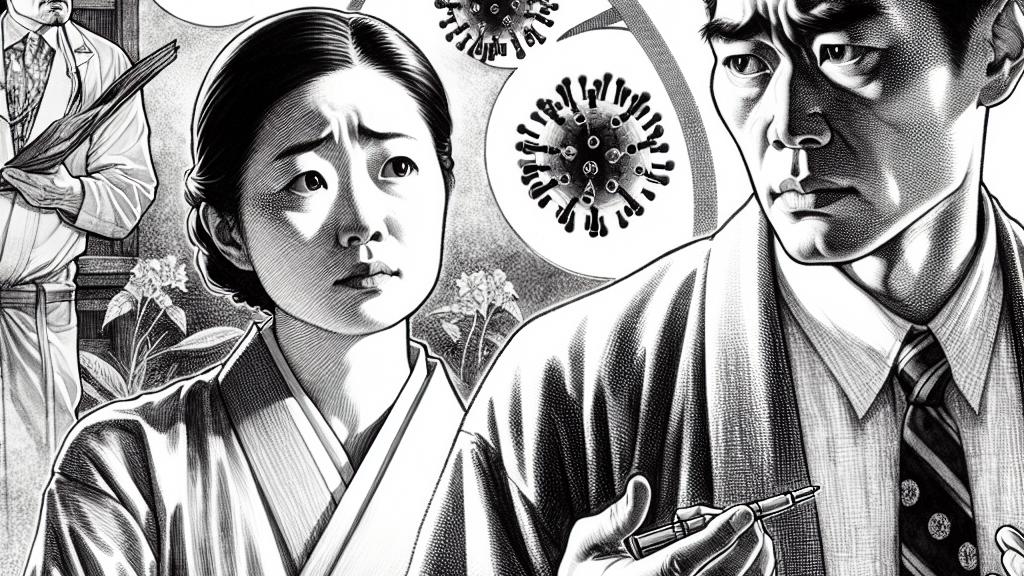Struggling with a Sexless Marriage
Overview
- Examines the intricate and often painful effects of sexlessness on marriage, particularly in Japan.
- Delves into individual perspectives on intimacy, exploring desires and shared responsibilities among partners.
- Offers rich insights and effective communication strategies that can help couples reconnect and revitalize their relationships.

The Context: A Japanese Marriage in Turmoil
In contemporary Japanese society, the topic of sexlessness in marriage is garnering increased attention. A poignant illustration comes from a distraught husband who shares his struggles with his wife's disinterest in sexual intimacy. She attributes her feelings to her job in healthcare, where witnessing the repercussions of various sexually transmitted diseases has made her wary of physical connection. This situation prompts key questions: How does emotional detachment evolve into such profound distress? The husband grapples with conflicting emotions, feeling torn between respecting his wife's boundaries and the discomfort of unfulfilled intimacy. He reflects on the unusual request for him to seek sexual satisfaction beyond their marriage, shedding light on the complex dynamics that often play out in intimate relationships.
The Broader Impact of Sexlessness on Relationships
The implications of a sexless marriage can be both profound and distressing. Research indicates that couples facing a lack of physical intimacy are at a significantly increased risk of experiencing emotional disconnect, which often leads to feelings of loneliness and, ultimately, divorce. For instance, consider the scenario where one partner feels ignored due to the other’s reluctance to engage intimately. In such situations, that partner may inadvertently seek connection elsewhere, jeopardizing the trust and security that form the foundation of their relationship. Moreover, the emotional fallout can lead to diminishment of self-esteem, breeding resentment and anger. If these underlying issues aren't addressed, the relationship may become mired in unresolved conflicts, transforming what was once a loving bond into a series of painful encounters and experiences.
Communication: The Essential Bridge to Reconnection
To navigate the complexities of intimacy issues, effective communication emerges as an indispensable strategy. Couples need to engage in candid conversations about their feelings and fears without resorting to blame. For example, a partner might express feelings of neglect, while another might share insecurities about their desires and needs. This vulnerable exchange fosters a deeper understanding, allowing both parties to reconnect emotionally. Seeking professional guidance, like couples therapy, can further enhance these discussions, providing a safe space for processing feelings and developing constructive communication techniques. Ultimately, when couples approach their struggles as collaborative challenges rather than isolated grievances, they set the stage for re-establishing emotional and physical intimacy, fostering a renewed sense of partnership and commitment.

Loading...